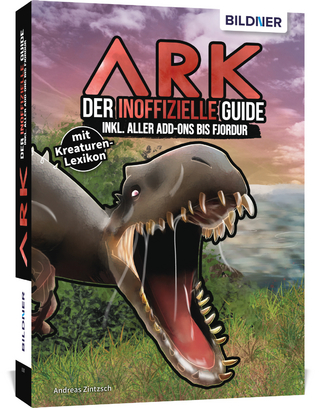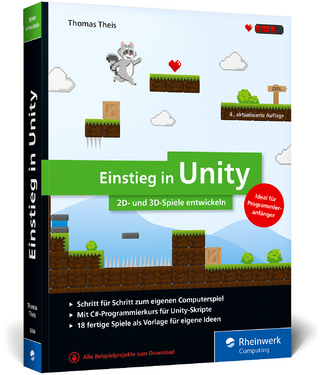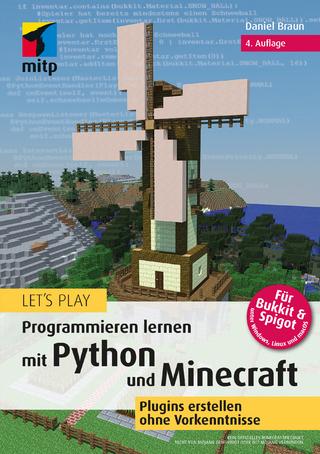
Interpersonal Positioning in English as a Lingua Franca Interactions
Routledge (Verlag)
978-1-032-08309-4 (ISBN)
Svitlana Klötzl received her PhD from the University of Vienna. Her research interests include discourse analysis, English as a lingua franca, applied linguistics, and private couple interaction. Her publications include articles in Journal of English as a Lingua Franca, Discourse and interaction, and a chapter in Globalisation: Myth or Reality? Birgit Swoboda is a freelance researcher publishing and presenting on language use in computer-games. She studied English Linguistics and History at the University of Vienna and holds a PhD degree (thesis title: L2P n00b – The pragmatics of positioning in MMORPGs). Her research focus is CMC, politeness and positioning theory.
Table of Contents
Chapter One
INTRODUCTION: from text to discourse
Why English as a lingua franca?
Why ingame (disembodied) interaction?
Why ELF couple interaction?
Two domains – the same basic issues
Outline
Chapter Two
THE DISCOURSE OF ELF
Channel
Code
Context
Participants
Conclusion
Chapter Three
COMMUNICATION AS POSITIONING
Communication as "a meaningful whole"
Positioning as polyphony
Bakhtin’s voice
Positioning as Bakhtin’s dialogicality
Positioning Theory
Positioning in the social sciences
Positioning and the face
Positioning as politeness: personal wants and other motivations
Positioning as involvement and independence: pro-social and relational approaches
The co-operative and territorial imperatives
Conclusion
Chapter Four
POSITIONING AS POLYPHONIC METHODOLOGICAL APPROACH
Methodological issues: "a paradox of irreducible subjectivity"
Research design: triangulated inquiry
Gamer-participants
Couples-participants
Couple 1. Nargiz (Ukrainian) and Dan (French) (C1/ua-fr)
Couple 2. Sue (Israeli) and Henry (Austrian) (C2/il-au)
Couple 3. Sandy (Italian) and Peter (Austrian) (C3/it-au)
Couple 4. Monica (Austrian) and Patrick (Czech) (C4/au-cz)
Couple 5. Anna (Austrian) and Paul (Hungarian) (C5/au-hu)
Ingame data
Third-person data: self-compiled corpus of ingame and out-game interaction
Second-person data: questionnaire
First-person data: critical incident log
Couple data
Third-person data: corpus of couples’ self-recordings
Second-person data: interviews and participants’ comments
First-person data: the researcher’s diary and field notes
Summary and conclusion
Chapter Five
DISEMBODIED COMMUNICATION: Positioning in computer-mediated gaming discourse
Introduction
MMORPGs and its communication
Communication channels and their functions
Aspects and challenges
Places and positions in gaming
The gamers' motivations
Finding place and assigning place
Ingame positioning
LFG (Looking for group) sequences: finding help and grouping ingame
Trolling
Griefing
Wiping: the death of all party members
Conclusion
Chapter Six
A LOVE AFFAIR WITH ELF: positioning as interpersonal dynamics in ELF couple discourse
Introduction
"What מאמי /mami/?": achieving meaning in couple talk
"Schatzi what does your mother do there eigentlich": use of language to the pragmatic effect of togetherness
"This dog is a topic": ‘others’ as interactional resource in the process of establishing coupleness
"Lustig mein mann ist": intertextuality as an interactive resource in ELF couple talk
"Mucho bueno": achieving ‘coupleness’ through representational function of couples’ ELF
Conclusion: ELF as "refuge in this little world of ours"
Chapter Seven
CONCLUSION: Positioning as a universal process of human communication
| Erscheinungsdatum | 01.07.2021 |
|---|---|
| Reihe/Serie | Routledge Research in Language and Communication |
| Zusatzinfo | 2 Illustrations, black and white |
| Verlagsort | London |
| Sprache | englisch |
| Maße | 152 x 229 mm |
| Gewicht | 258 g |
| Themenwelt | Schulbuch / Wörterbuch ► Wörterbuch / Fremdsprachen |
| Geisteswissenschaften ► Sprach- / Literaturwissenschaft ► Sprachwissenschaft | |
| Informatik ► Software Entwicklung ► Spieleprogrammierung | |
| Sozialwissenschaften ► Kommunikation / Medien ► Medienwissenschaft | |
| ISBN-10 | 1-032-08309-3 / 1032083093 |
| ISBN-13 | 978-1-032-08309-4 / 9781032083094 |
| Zustand | Neuware |
| Haben Sie eine Frage zum Produkt? |
aus dem Bereich


